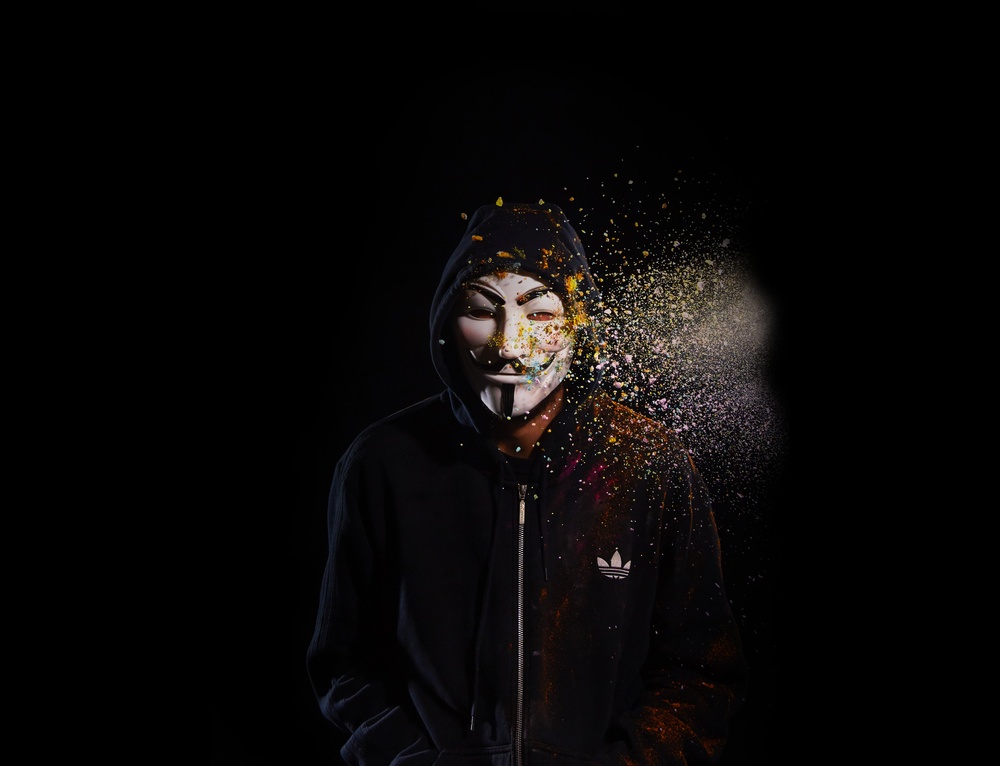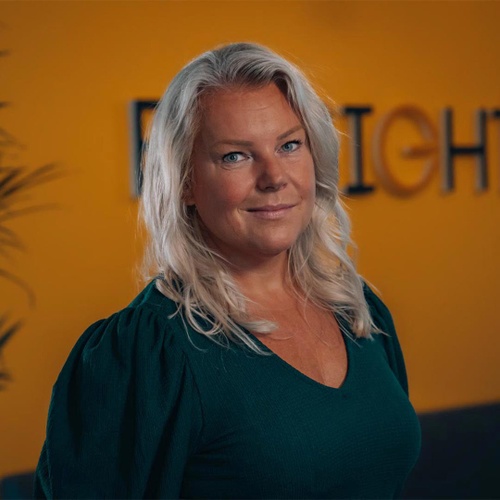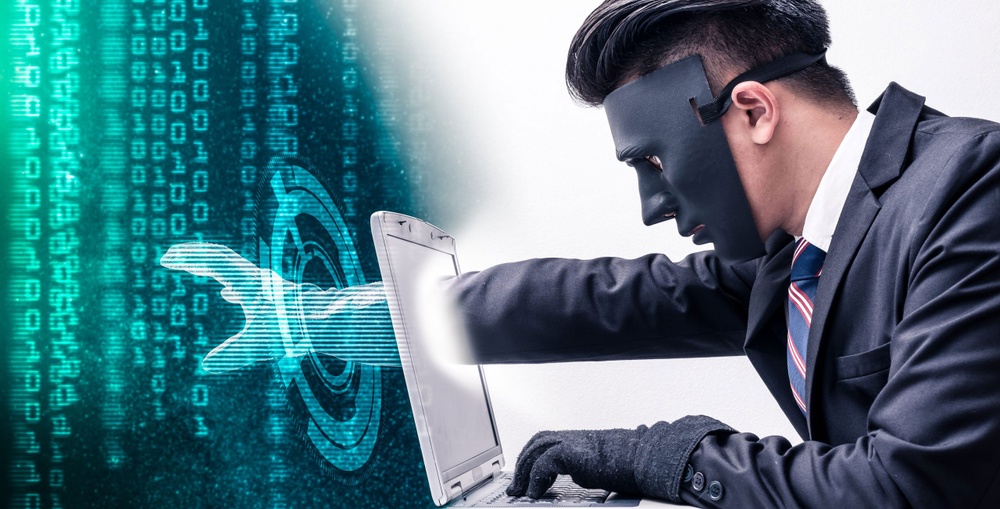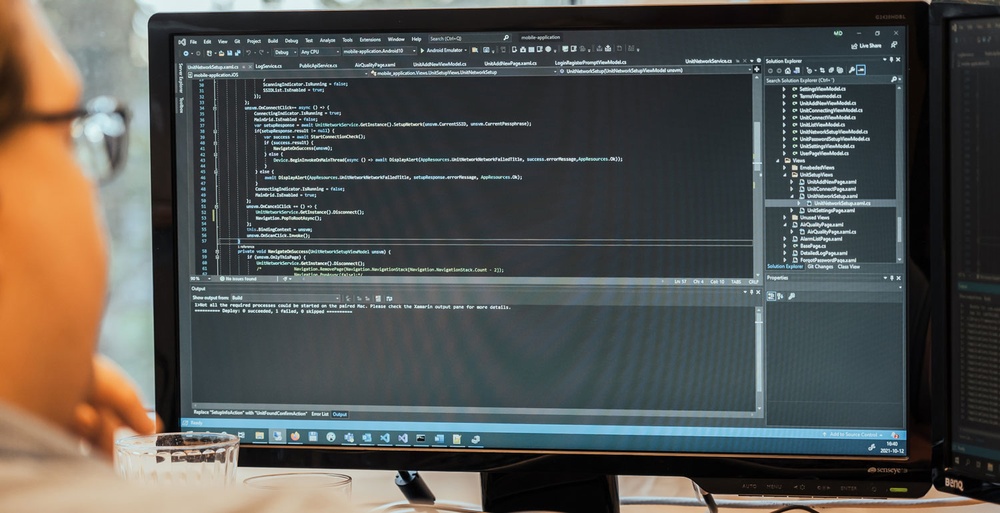Once a villain, always a villain

We love to hate the villain. The good shall conquer the bad, the light banishes darkness, the princess gets her prince and they all lived happily ever after. The end. Or is it?
We see it in films and series everywhere and all the time, villains are taking the centre stage. Have a closer look at films like Maleficent, Megamind, V for Vendetta or Despicable Me. Watching characters and understanding where they come from often make us sympathize with bad characters as they nearly always have sad and/or difficult origins. Take for example Draco Malfoy from Harry Potter, the Joker from Batman, Ben Solo/Kylo Ren from Star Wars and Gollum from Lord of the Rings. We feel their pain, and we simply sympathize with them - to some extent of course! All is, it seems, not always black and white. Villains are thus, at times, the new heroes. At least on the big screen.
Heroes in times of hybrid war
However, in the end, the hero usually always wins. “Upholding freedom and protecting the innocent” - does that not sound like the words of a hero? These words make up the unifying theme for Anonymous, a collective of “hacktivists” with a political agenda. Anonymous has more than often been portrayed av “the bad guys”, taking the law into their own hands through vigilante justice. Anonymous operations and attacks, executed since the group’s formation in 2006, has taken a direction towards fighting government corruption and internet censorship. More recently the group has focused its efforts on terrorism, hate groups and police brutality and has targeted high-profile entities such as the governments of the United States and China, the Church of Scientology and the Islamic State group. They have also expressed support for uprisings such as the Arab Spring and Occupy Wall Street.
In these times of hybrid war, Ukrainian forces fight against Russia’s military's invasion with guns and tanks. In a virtual world hacking groups, such as Anonymous and the Cyber Partisans, fight a different kind of war against Russia and the regime of President Vladimir Putin. They have claimed responsibility for recent cyberattacks on Russian banks, the RT state broadcaster and a Belarusian rail network. Currently, these “hacktivist groups” have stated that they will stand united with Ukraine - proclaiming cyber war and causing disruption to stop Russia’s attacks against Ukraine and the West.
Who’s the bad guy here?
Now take a minute and think on this; have you ever reflected on the fact that villains think that THEY are the good guys? Russia, with Putin at the steering wheel, are convinced they are doing the right thing. But so are Anonymous, and they are both bound to find sympathy. There is a long history of the romantic or glamorous villains throughout literature and film. The “bad guys” are often more interesting, has more wit, are more ironic etc. and who does not love that?! When “villains” think of themselves as heroes, we also sometimes start to sympathize with them, perhaps even justify their actions. But what about in real life? Does the goal sanctifiy the means? We’d like to suggest, that sometimes it’s hard to determine that the one labelled the villain, also at times can be called a hero.
Rooting for the hero – or the villain
We are all capable of doing “bad things” as humans, but there’s a limit. What Russia is doing is simply wrong. The fact is that we probably like the “bad guys” and villains in literature and film, is because we know that they are not real. No matter how exciting the story is, we still realize that it’s fiction, and we know that we are safe on our side of the screen/page. But this is real life, people are dying, lives will never be the same. Heroes can win a battle, but often at a great cost. What will the cost be in this story? And who are we rooting for – the hero or the villain? Who is the hero in the story of Anonymous vs. Putin? One thing we can at least be sure of, according to the Anonymous’ slogan;
They are Anonymous, they are Legion, they do not forgive, they do not forget, and we shall expect them.
About Farsight Tech Nordic
Farsight is a Swedish IT development partner that makes people and organizations grow! We are your ”go-to-guys” regarding all your IT systems, technology and IT-security subject matters. At the same time, we are local community builders and ensue a sound labour market and good ethics. Our business is all about finding clever solutions for secure access, management and communication of business-critical information.
Contacts


